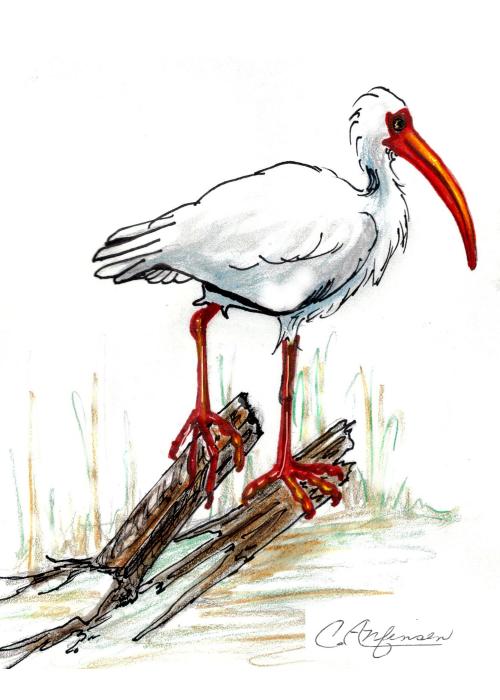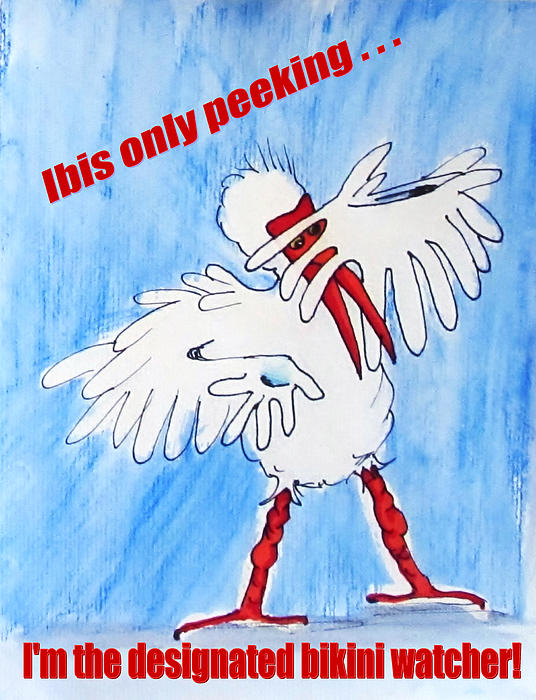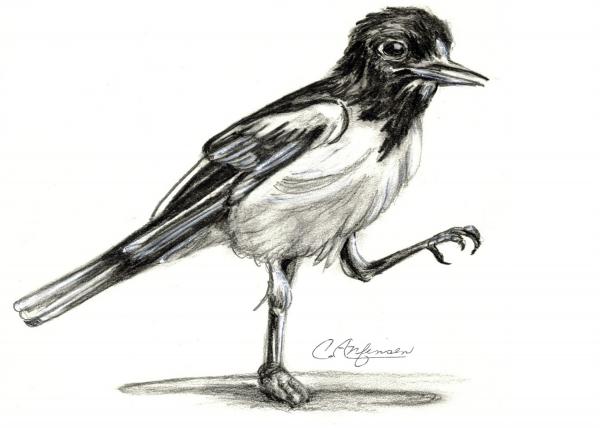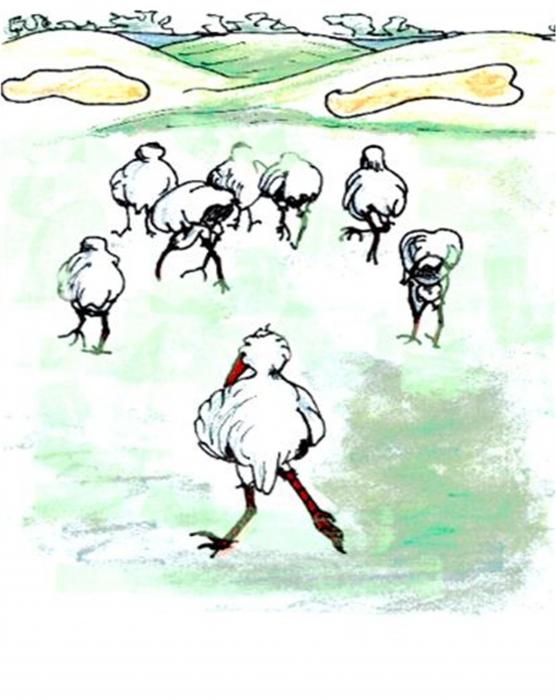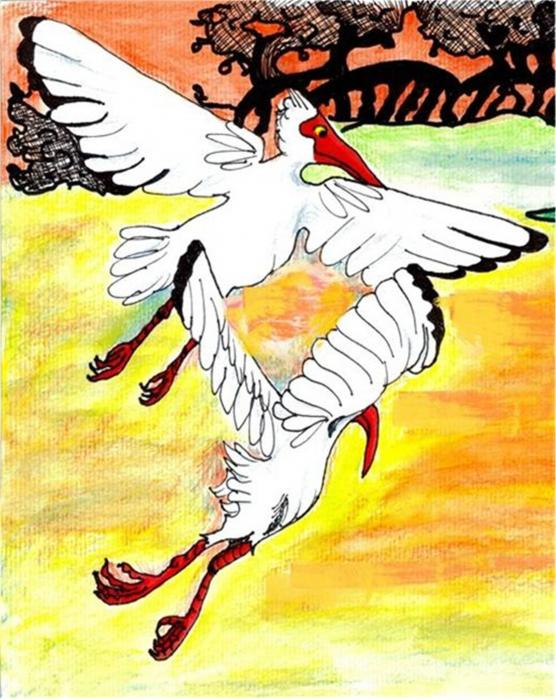One of my grandson’s has moderate Asperger’s Syndrome. Asperger’s syndrome was named for the Austrian doctor, Hans Asperger, who first described the disorder in 1944. However, Asperger’s was not recognized as a unique disorder until much later.
This condition is believed to be hereditary in families and has to do with the development of social skills. It is believed to be related to Autism, but not directly. I’m amazed at how well my grandson has been able to function while suffering from this neurological and behavioral condition.
Most of us would probably consider ourselves inept in certain social situations especially as we go through the stages of growth and development. Social skills don’t come naturally to many people. The lucky few learn these skills from their parents and teachers, but most will learn from experience and from their own personal failures.
Entering someone’s “space” or touching them before you know them well is often considered inappropriate or “too much too soon.” For “touchy feely” people like me restraint is difficult. I must pull in the reins even though it feels perfectly natural for me to reach out a hand or put an arm around someone when there is shared laughter or humor.
In certain circumstances, even a handshake seems too forward. For instance, you wouldn’t go around shaking people’s hands in a crowded airport. It may be absolutely normal to engage someone in conversation if you need directions or help, but going beyond that may raise a few eyebrows. Appearing too snoopy or friendly may cast suspicions on your motives and your character.
As a writer, it is necessary for me to interview different kinds of people in varying professions. I’m expert at prying into other people’s business. In a personal setting, I have to back off or risk being too aggressive and hurting someone’s feelings. Playing the role of investigative reporter can really put people off unless they know that’s why you’re there in the first place.
Here’s a tip for my grandson and for all those who feel awkward in social settings and want to make brownie points,. “Get the other person to talk about themselves. If you do this, you may never have to speak again.” I say this in jest, but have you ever noticed how much people like to talk on and on about themselves?
To put yourself at ease, have a few interested but non-personal questions prepared beforehand. “Are you new to Florida?” “Are you a friend of the hostess?” “Did your profession bring you here?” Once you get the other person talking, you may want to contribute some information about yourself. Once the give and take starts, you have a real conversation going.
In a more intimate setting where most people are known to you, the handshake can bring an added feeling of warmth and friendliness. Be aware of how the other person reacts. If they seem uncomfortable, perhaps a handshake is too much at this point in time or there may be an underlying problem.
I have arthritis in my hands. Some people clamp down so hard that they cause pain. I have learned to reach out with both hands to these people; one for shaking, the other to disarm them or add an extra bit of intimacy. They are so surprised by my two-hand shake that they release their grip on my painful hand and I’m saved.
Handshakes are especially appropriate when introductions are made. A firm handshake tells you a lot about the person’s confidence and warmth. A limp handshake signifies that person is holding back and isn’t sure about this new relationship or they may be shy and unsure of themselves.
Friendly handshakes are good for greeting or welcoming other people to a group setting or fellowship. Like interests have brought them here in the first place and so attendees already share something in common. This is true of a church or worship setting or a place where people come back more than once to share their views, interests or problems.
Social skills can be learned and acquired. It just takes practice and experience. There is a learning curve that happens until you pick up a few secrets to enhance the interchange of ideas and information. Once you conquer your fears, it gets easier each time you put yourself out there.
If people with a disability like my grandson can do it, you can do it too!
If you’re interested in learning more about Asperger’s go to WebMd.com @ http://www.webmd.com/mental-health-aspergers-syndrome

